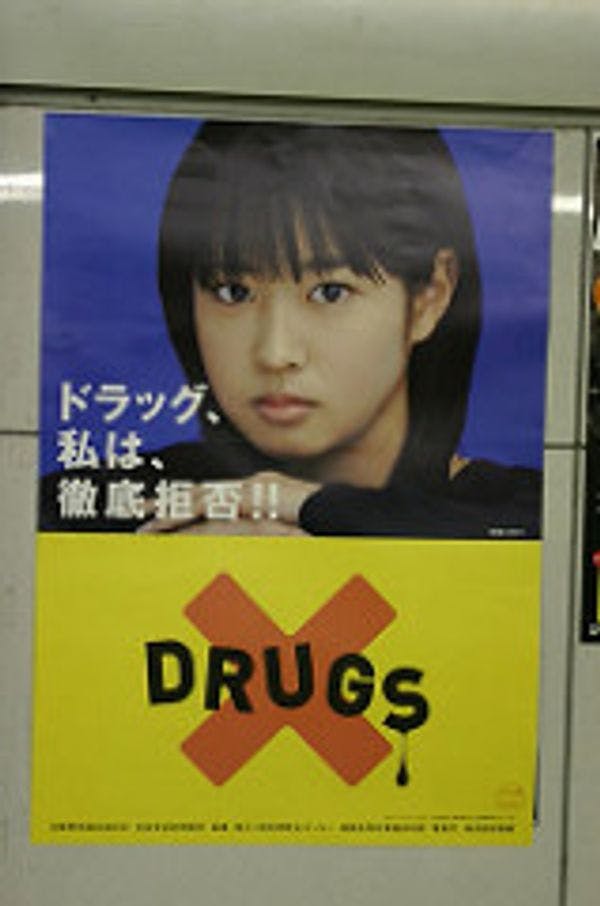CC Flickr - Nores
Japan, the place with the strangest drug debate in the world
By Johann Hari
In 2015, something strange happened in Japan – something which made the country, for a moment, think differently about its past. Akie Abe, the wife of the Prime Minister, was photographed standing in a field of very large cannabis plants. This was not an accident. She was arguing for the revival of a cannabis culture that had prevailed in Japan for at least 2000 years – until it was stamped out by foreigners, in living memory.[1]
Japan today has some of the harshest drug laws of any advanced democracy. If you are found in possession of cannabis in Japan for personal use you could receive a maximum prison sentence of five years, and if you are caught growing it, you can be sent to prison for up to seven years. Each year, the laws are enforced against 2000 people, who are brutally publicly shamed before, during and after their prison sentence.[2] For example, when the actress Saya Takagi was caught with cannabis, all reruns of the dramas she appeared on – like the popular detective series Aibo - were scrubbed from the TV schedules.[3] She had written the theme song for another TV show: it was immediately ditched. Or to give another example, when a rugby player for Japan’s national team was caught with the drug, he was banned from ever playing again, and the electronics giant Toshiba suspended all sponsorship of his regional team.[4] To be associated with cannabis in Japan is to be destroyed.
So at first glance, Akie Abe’s call to restore Japan’s earlier culture – even saying she had considered growing hemp herself – seemed baffling to many Japanese people. What was she talking about? “Most Japanese people see cannabis as a subculture of Japan but they’re wrong. For thousands of years, cannabis has been at the very heart of Japanese culture,” Japan’s leading expert on cannabis, Takayasu Junichi, told the Asia Pacific Journal in an interview.
